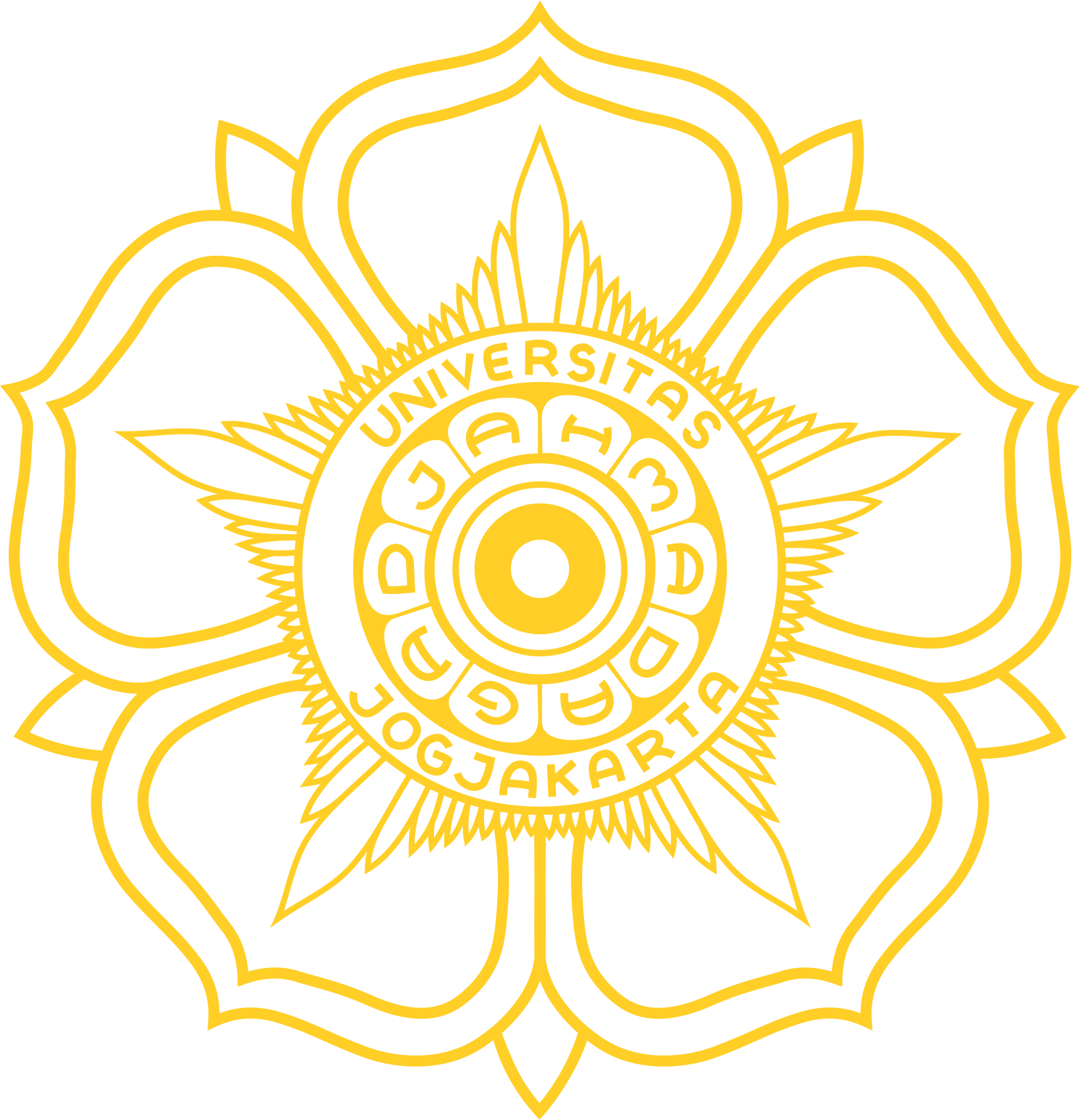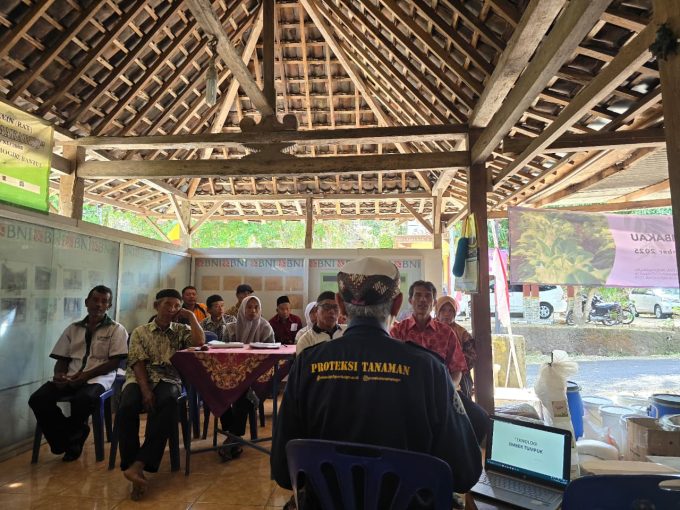
The Department of Industry and Trade of the Yogyakarta Special Region (Disperindag DIY) organized a series of technical guidance and training programs on tobacco processing, targeting local communities with a strong focus on tobacco farmers. This initiative was designed not only to enhance farmers’ knowledge but also to strengthen their capacity in creating value-added products from tobacco. By promoting product diversification, the program emphasizes the potential of tobacco as a raw material for organic fertilizers and botanical pesticides—two innovations that can support sustainable agricultural practices.
The training program is being conducted in four batches throughout the year. The first batch took place on July 21–23, 2024, in Selopamioro, Bantul, and was followed by the second batch on August 25–27, 2024, in Karangtengah, Imogiri. Both sessions attracted enthusiastic participation from local farmers and community members. The remaining two batches are scheduled to be held in different locations, allowing broader coverage and access for participants across the region.
What makes this program particularly significant is the collaboration between government and academia. The training featured expert resource persons from Universitas Gadjah Mada (UGM), namely Prof. Ir. Edhi Martono, M.Sc., Dr. Ir. Nugroho Susetya Putra, M.Sc., and Dr. Prayogo Probo Asmoro, S.P., M.Sc., both lecturers of the Master in Pest Science Program. With their expertise in plant protection and pest management, they provided participants with a comprehensive understanding of how tobacco can be processed into organic fertilizers and botanical pesticides. The materials were delivered through a combination of lectures, discussions, and hands-on demonstrations, ensuring that participants not only gained theoretical knowledge but also developed practical skills applicable to their farming activities.
According to the speakers, the transformation of tobacco into agricultural inputs presents an opportunity to reduce dependency on synthetic chemicals, which are often costly and potentially harmful to the environment. Organic fertilizers derived from tobacco can improve soil health and fertility, while tobacco-based botanical pesticides offer an effective, eco-friendly alternative for managing pests. Such innovations align with the principles of integrated pest management (IPM) and sustainable agriculture, addressing both productivity and environmental concerns.
Participants welcomed the training with enthusiasm, expressing that the knowledge shared could help them adapt to changing market conditions and declining demand for conventional tobacco products. By diversifying into environmentally friendly derivatives, farmers can create new economic opportunities while contributing to healthier ecosystems.
Through this initiative, Disperindag DIY hopes that tobacco-based organic fertilizers and botanical pesticides will emerge as viable alternative products, returning tangible benefits to the farming community. For UGM, this program also reflects its academic commitment to engage with society and to translate scientific research into solutions that support local development. The collaboration showcases how higher education institutions, government agencies, and local communities can work hand in hand to promote innovation, sustainability, and farmer empowerment.
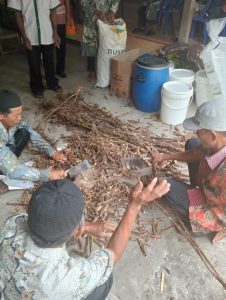
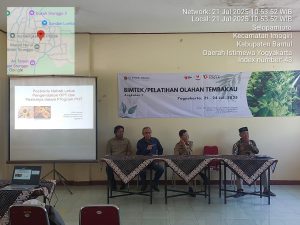
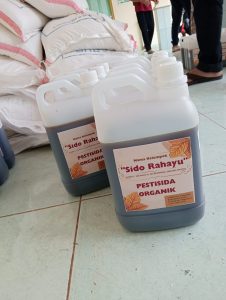
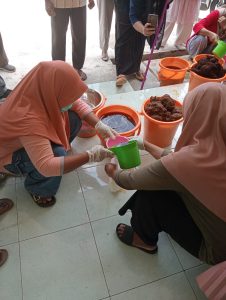
Author: Anisa Putri Utami
